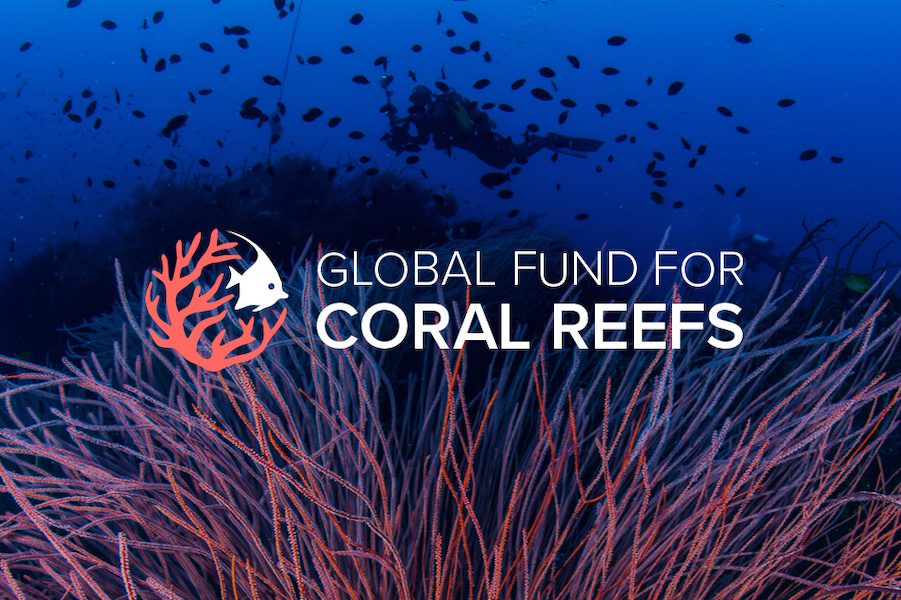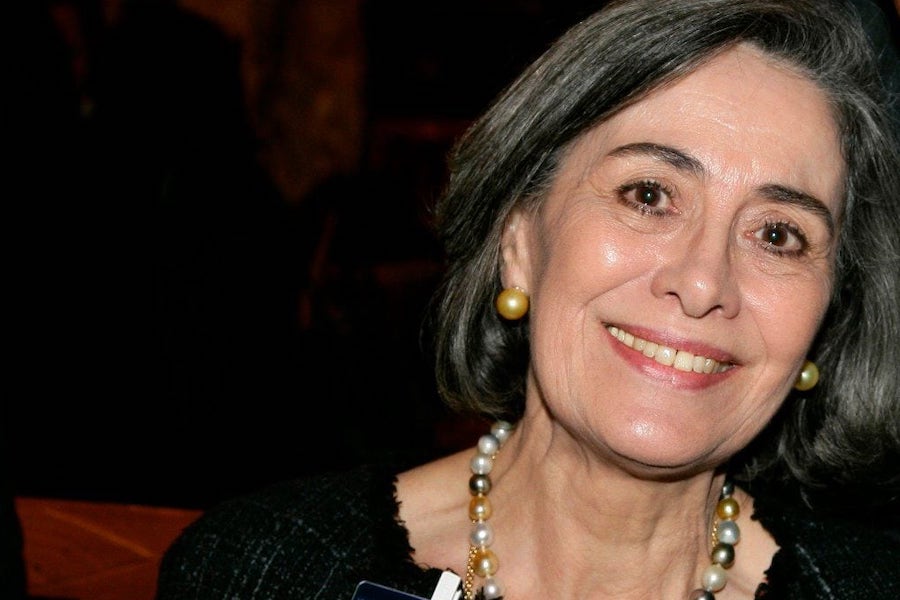A call for applications for advisory board members of the Global Fund for Coral Reefs, supported by the Prince Albert Foundation, is now open to scientists, government representatives and blue economy experts.
The Global Fund for Coral Reefs (GFCR) was launched on the sidelines of the 75th UN General Assembly in September of 2020 by a coalition of private foundations, Member States, UN agencies and financial institutions with the ambition to mobilise USD $625 million for coral reef conservation over the next decade.
In January 2021, the Prince Albert II of Monaco Foundation joined Germany and the Paul G. Allen Family Foundation in contributing more than €10 million to the Global Coral Reef Fund, kickstarting the unprecedented campaign.
The GFCR is the first UN fund dedicated to SDG 14, ‘Life Below Water’, and the only global blended finance instrument dedicated to coral reefs. The GFCR leverages grants to incubate investable projects and unlock private sector investment in the blue economy to address local drivers of reef degradation and recovery for local communities.
The Fund promotes a ‘protect-transform-restore-recover’ approach concentrated on reef ecosystems with the greatest chance of surviving climate change. Programming has already launched in Fiji, Papua New Guinea, Kenya, Tanzania and the Bahamas and, by early 2022, is expected to begin in the Philippines, Solomon Islands, Belize, Mexico, Honduras, Guatemala, Indonesia, and the Maldives.
Three rotational seats on the advisory board will be held by scientists with extensive expertise on the disciplines of coral reef science, marine protected area management and socio-economic dynamics; three rotational seats will be occupied by representatives from national governments with ministries or public research institutions with conservation and sustainable development mandates to provide guidance on policy, planning, and stakeholder engagement; and three rotational seats will be held by blue economy experts with strong knowledge and practice in innovation and blended finance, and socio-economic issues in coral reef countries.
RELATED STORIES:
Prince’s Foundation helps spearhead Coral Reef Fund




